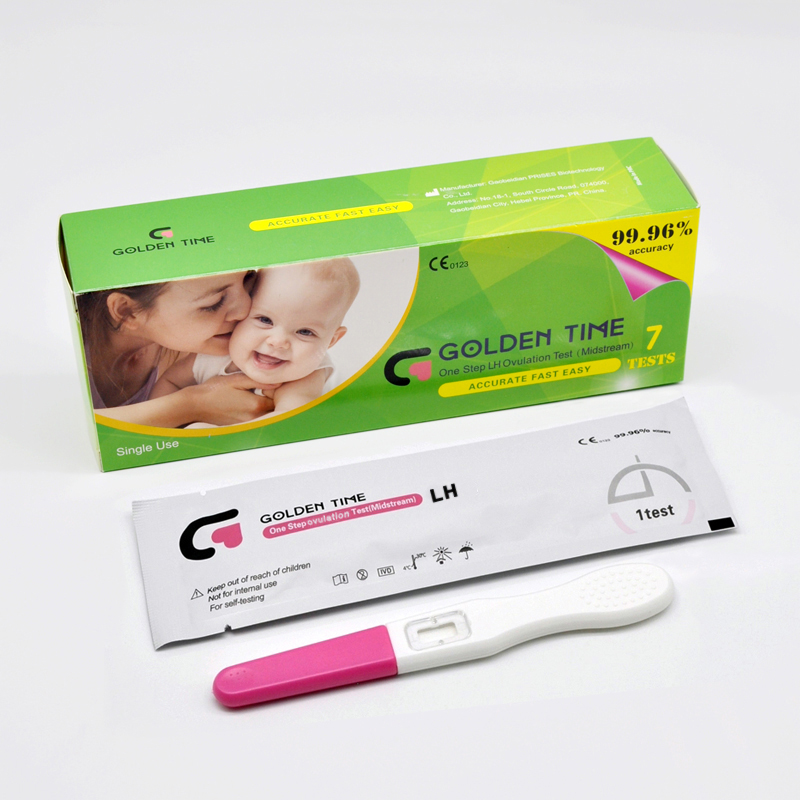Dec . 06, 2024 08:45 Back to list
Find Reliable Suppliers for Hepatitis C Screening Products Online
The Importance of Hepatitis C Screening and Finding Reliable Suppliers
Hepatitis C is a viral infection that primarily affects the liver, leading to severe liver disease and other health complications if left untreated. The World Health Organization (WHO) estimates that approximately 71 million people worldwide are living with chronic hepatitis C infection. Early detection through screening is crucial in managing the disease, preventing its progression, and reducing transmission rates. Consequently, finding reliable suppliers for hepatitis C screening products has become paramount in ensuring effective public health measures.
Understanding Hepatitis C and Its Implications
Hepatitis C is primarily transmitted through exposure to infected blood. High-risk groups include individuals who inject drugs, those who receive blood transfusions prior to the introduction of widespread screening, and healthcare workers exposed to needle stick injuries. Chronic infection can lead to life-threatening conditions, such as cirrhosis, liver cancer, and liver failure. Despite the availability of effective antiviral treatments that can lead to a cure, many individuals remain unaware of their status due to insufficient screening efforts.
Screening is the first step in addressing the hepatitis C epidemic. The Centers for Disease Control and Prevention (CDC) recommends that everyone born between 1945 and 1965 should be screened at least once, as well as individuals with risk factors. By identifying infected individuals early, healthcare providers can initiate treatment, resulting in better health outcomes and reducing the likelihood of transmission to others.
The Role of Suppliers in Hepatitis C Screening
The accuracy and efficiency of hepatitis C screening depend heavily on the testing products utilized. Suppliers play a crucial role in delivering high-quality, reliable screening tools, such as antibody tests and RNA tests. It is essential for healthcare providers to work with trustworthy suppliers who adhere to regulatory standards and provide validated products.
When choosing suppliers for hepatitis C screening products, several criteria should be considered
buy hepatitis c screening supplier

1. Regulatory Compliance Suppliers should comply with local and international regulations, such as those set by the Food and Drug Administration (FDA) in the United States or the European Medicines Agency (EMA) in Europe. This ensures that the products are safe, effective, and of high quality.
2. Product Range Suppliers should offer a comprehensive range of testing products, including rapid tests, lab-based assays, and confirmatory tests. This variety allows healthcare facilities to choose the most appropriate testing method for their patient populations.
3. Technical Support and Training Reliable suppliers should provide technical assistance and training for healthcare professionals on how to use their products effectively. Proper training enhances the accuracy of testing and ensures that healthcare providers can interpret results correctly.
4. Reputation and Reviews It is beneficial to examine the supplier's reputation within the healthcare community. Reviews and testimonials from other healthcare providers can provide insight into the reliability and efficacy of the supplier's products.
5. Customer Service Excellent customer service is essential for resolving issues and ensuring a smooth procurement process. Suppliers should be easily accessible and responsive to inquiries regarding their products.
Conclusion
As the battle against hepatitis C continues, the importance of effective screening cannot be overstated. Identifying individuals with chronic infections through timely screening can lead to successful treatment and significant reductions in disease transmission. In this context, partnering with reliable suppliers for hepatitis C screening products becomes crucial. By focusing on quality, compliance, and support, healthcare providers can ensure that they are well-equipped to tackle the challenges posed by hepatitis C. Ultimately, increased accessibility to screening can lead to improved public health outcomes and a better quality of life for millions affected by this serious viral infection.
-
Malaria Pf Ag Rapid Test Kit - Quick & Accurate Detection
NewsAug.11,2025
-
Accurate Cardiac Marker CK-MB Rapid Test for Quick Results
NewsAug.10,2025
-
Premium Empty ABS Plastic Cassette for Test Strips
NewsAug.09,2025
-
Sterile Urine Cup: Accurate Specimen Collection for Labs & Home
NewsAug.08,2025
-
Malaria Pf/Pan Ag Rapid Test Kit for Fast, Accurate Diagnosis
NewsAug.07,2025
-
Rapid Canine Corona Test: Fast & Accurate Results
NewsAug.06,2025

